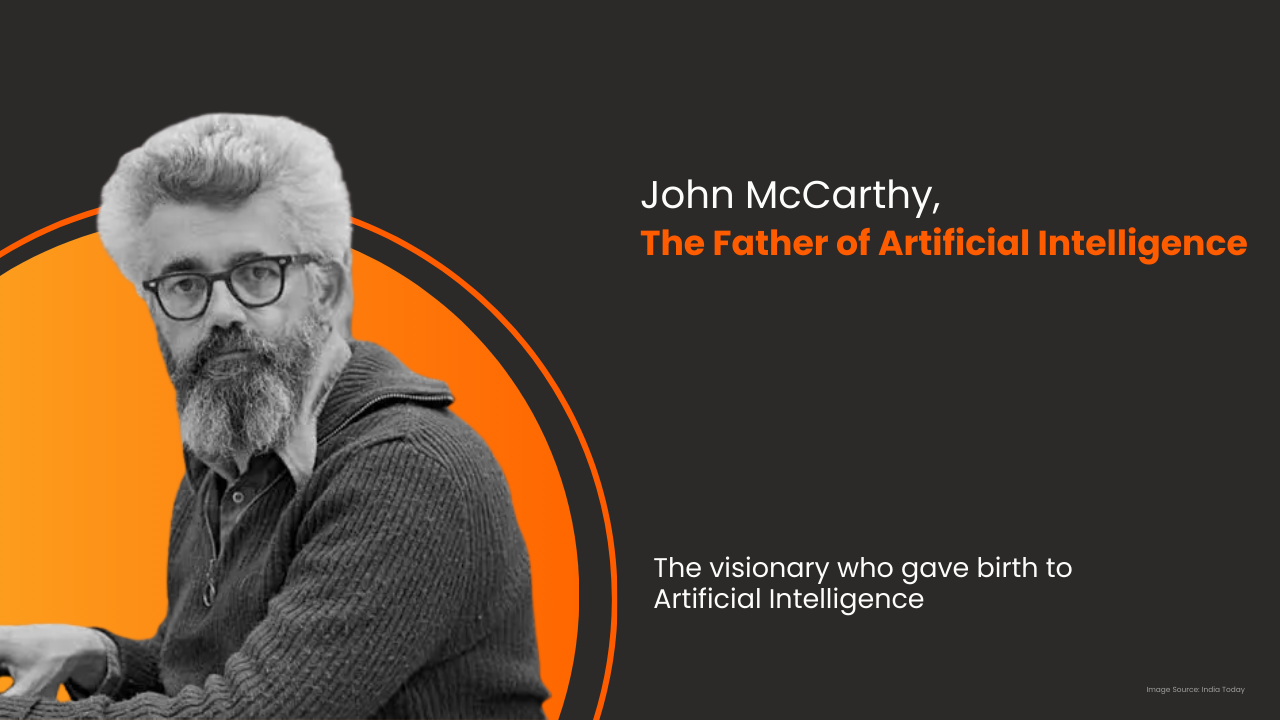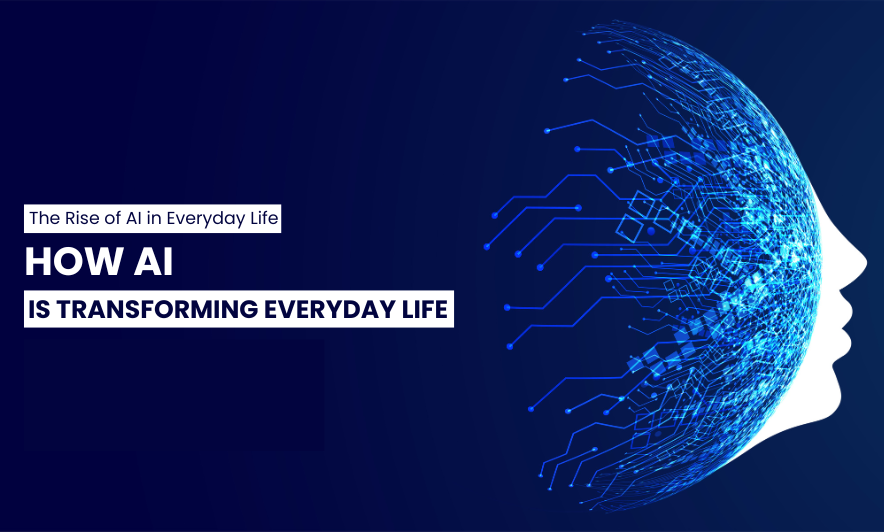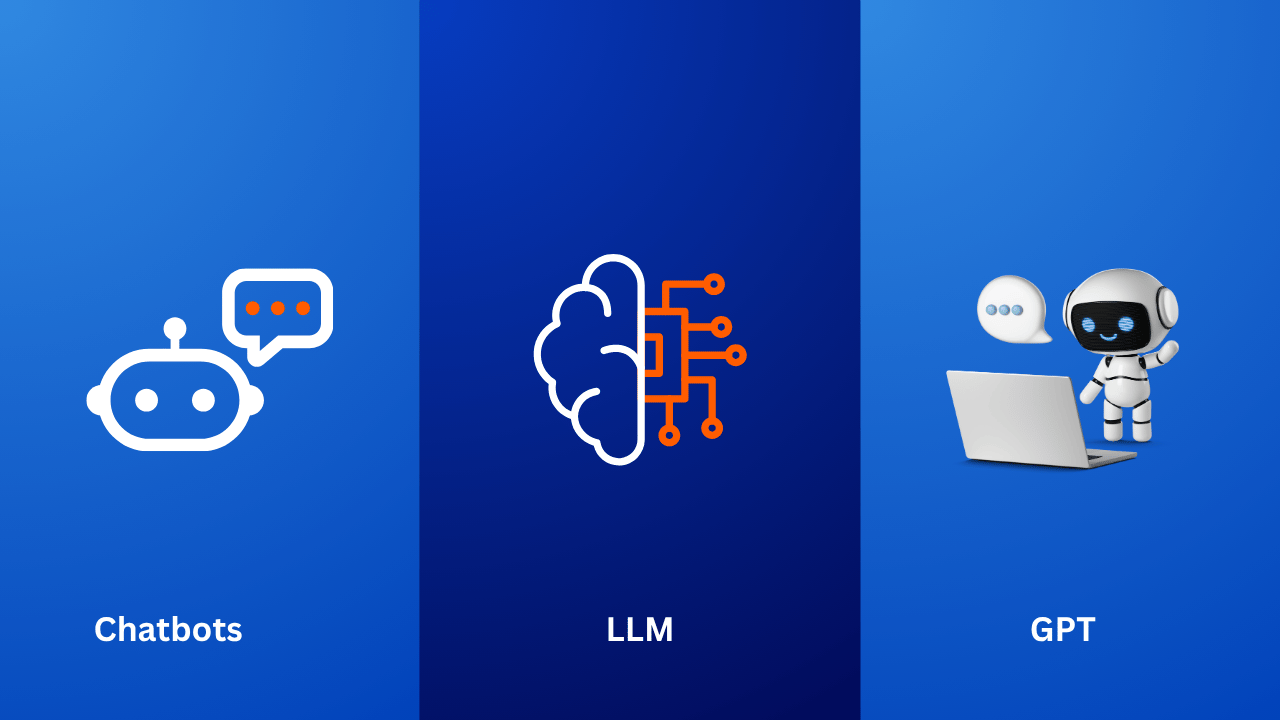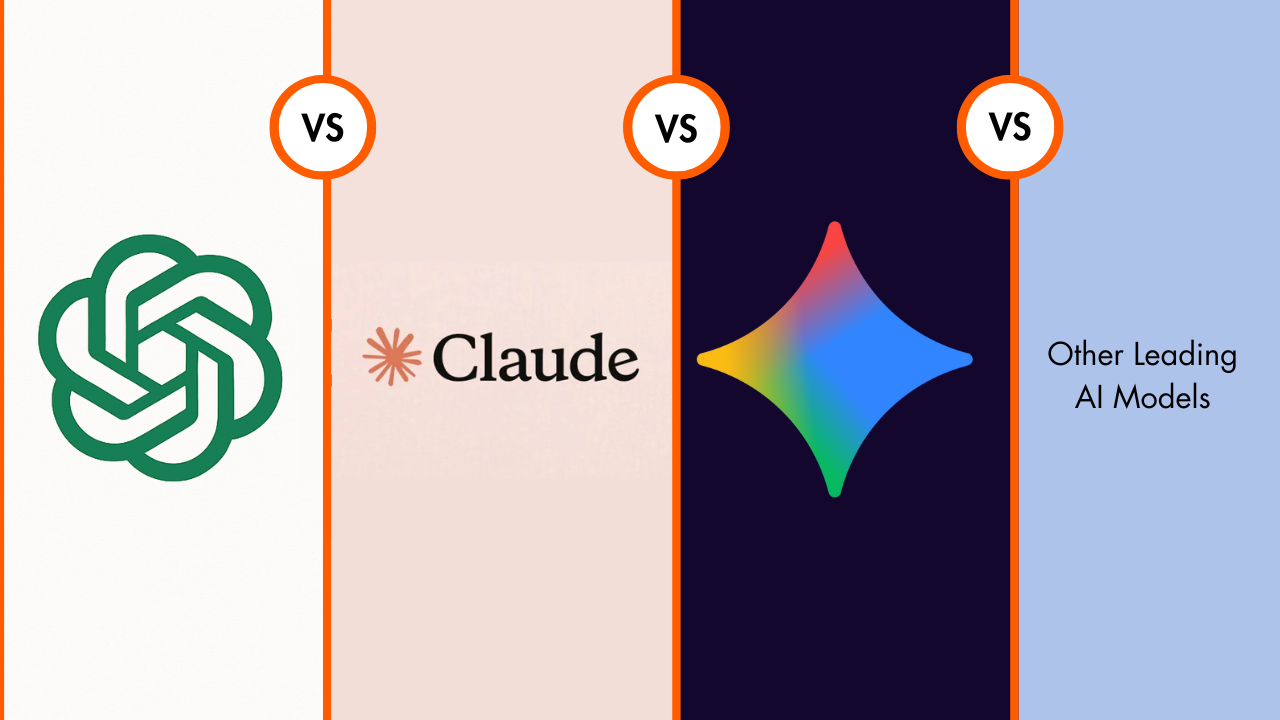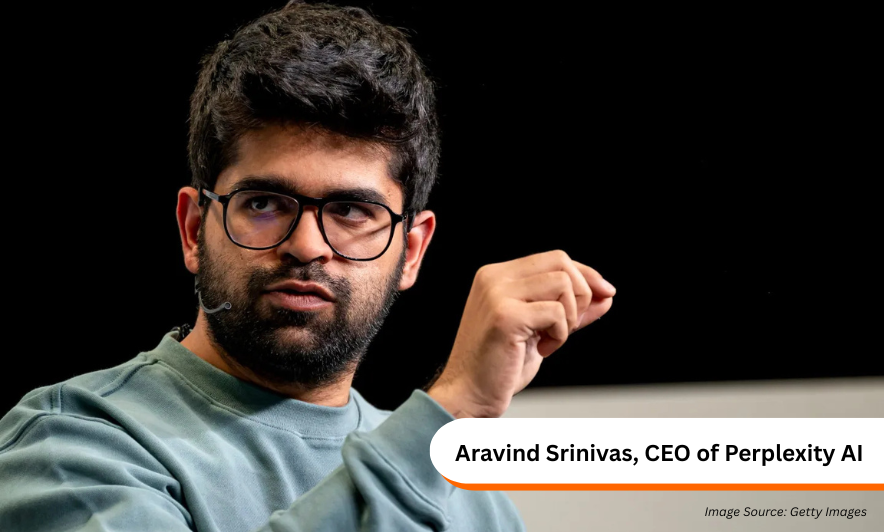John McCarthy, the ‘father of Artificial Intelligence,’ pioneered the field with groundbreaking contributions such as the LISP programming language, time-sharing systems, and logic-based AI. His vision, research, and leadership not only shaped modern computing but also laid the foundation for today’s intelligent technologies.
John McCarthy, who is widely recognized as the “father of artificial intelligence,” was a brilliant mathematician and computer scientist, whose vision greatly influenced the shaping of the modern AI landscape. His contributions to computing and logic changed the way we think about machines and their ability to think.
Early Life and Education
Born on September 4, 1927, in Boston, Massachusetts, John McCarthy was the son of Irish and Lithuanian immigrants. From a young age, he displayed a deep interest in mathematics and abstract thinking. This intellectual curiosity led him to the California Institute of Technology (Caltech), where he graduated with a mathematics degree in 1948. Afterward, he pursued a Ph.D. in mathematics at Princeton University, which he completed in 1951. His dissertation focused on mathematical logic, a critical area that would become essential in artificial intelligence.
How He Discovered AI
While working on mathematical logic, McCarthy began to wonder whether machines could simulate aspects of human intelligence. In the early 1950s, this idea was radical, yet it intrigued McCarthy enough to pursue it as a serious scientific goal. In 1955, he wrote a proposal with Marvin Minsky, Claude Shannon, and Nathan Rochester to organize a summer workshop at Dartmouth College. Their proposal introduced a new term, "Artificial Intelligence."
The 1956 Dartmouth Conference brought together some of the brightest minds in computing and officially launched AI as a research field. It was here that McCarthy envisioned a future where machines could use logic to solve problems, learn from experience, and understand language.
Major Contributions and Inventions
One of McCarthy’s most enduring inventions is the LISP programming language, developed in 1958. Designed for AI research, LISP introduced concepts like recursion and symbolic computation. It quickly became the dominant programming language in AI and is still used in specific applications today.
At MIT and later at Stanford University, he played a leading role in AI research. He founded the Stanford Artificial Intelligence Laboratory (SAIL) in 1966, where groundbreaking work on robotics, reasoning systems, and natural language processing was carried out.
Another major contribution was his work on time-sharing systems. He believed that computer access should not be limited to one user at a time. His ideas helped create a way for modern computing environments, where multiple users can interact with a single machine simultaneously, a concept that influenced the development of modern operating systems and cloud computing.
In logic and reasoning, he introduced the concept of circumscription, a form of non-monotonic reasoning that helps machines deal with incomplete or changing information. This allowed for more realistic models of how humans think and make decisions.
Recognition and Legacy
Throughout his career, McCarthy received numerous honors, including the Turing Award in 1971, the most prestigious award in computer science. He was also a part of the American Academy of Arts and Sciences and a member of the National Academy of Sciences.
He passed away on October 24, 2011, but his influence remains central to the field of AI. The tools he created, the ideas he sparked, and the vision he championed continue to shape how researchers and developers design intelligent systems today.
John McCarthy wasn’t just a computer scientist, but also a visionary. His early curiosity about whether machines could think led to the creation of an entire field of study. From LISP to time-sharing systems and logic-based AI, McCarthy laid the foundation for many of the technologies our generation utilizes today. As we move into an era where AI plays a growing role in our lives, it's impossible to ignore the legacy of the man who first took the lead to imagine it.

